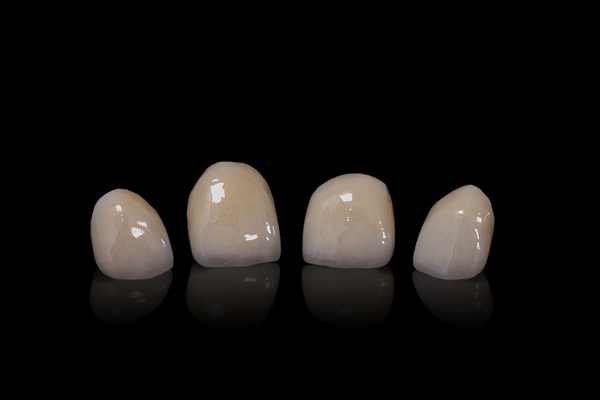When to See an Emergency Dentist: 5 Common Emergencies

An emergency dentist provides immediate care for urgent dental issues. Dental emergencies can happen anytime, often causing pain or discomfort that cannot wait for a regular appointment. Recognizing the signs of a dental emergency helps patients seek the right care quickly and can prevent further complications and protect their oral health.
5 Most frequent dental emergencies
A dental emergency calls for immediate attention to prevent further complications such as infection spreading or tooth loss. A look at these five most common dental emergencies can help paint a clearer picture of a dental emergency.
1. Severe tooth pain
Severe dental pain can indicate various issues, including deep cavities, infections, or abscesses. Therefore, it is one of the most common reasons people see an emergency dentist. When over-the-counter pain relievers do not provide relief, or the pain includes swelling or fever, it is time to seek emergency dental care. Delaying treatment for severe tooth pain can allow the underlying problem to worsen, potentially leading to more extensive and costly procedures.
2. Broken or chipped teeth
Accidents or injuries can lead to broken or chipped teeth, causing pain and compromising tooth structure. Additionally, a broken tooth can increase the risk of infection or further damage by exposing the inner layers of the tooth. An emergency dentist can restore a chipped or broken tooth with a number of treatments such as dental bonding or dental crowns. However, it is important to bring any fragments of the broken tooth to your appointment if possible.
3. Knocked-out teeth
Acting quickly to treat a knocked-out or avulsed tooth can increase the chances of saving it. When a tooth is knocked out, the patient should gently rinse it with water and place it back in the socket. If that is not possible, store the tooth in milk or saliva and see an emergency dentist immediately. Prompt care within one hour of the injury significantly improves the likelihood of successful reattachment.
4. Swelling or infections
Swelling in the face, gums, or jaw can indicate an infection, such as an abscessed tooth. These infections can spread to other body parts, leading to serious complications. An emergency dentist can drain the infection, prescribe antibiotics, and provide necessary treatments to address the issue. Symptoms such as a foul taste, pus, or difficulty swallowing are signs of an abscess requiring an emergency dentist visit.
5. Lost Dental Restorations
Losing a filling, crown, or other dental restoration can leave a tooth vulnerable to damage or sensitivity. If this happens, schedule an emergency dental appointment to replace the restoration as soon as possible. Temporary dental repair kits can help protect the tooth, but professional care is essential to ensure long-term stability and function.
Finding an emergency dentist
Knowing when to see an emergency dentist is crucial for addressing dental issues promptly and preventing further complications. Additionally, knowing where you will go for a dental emergency is important before one happens. Call today to learn more about our services if you need an emergency dentist.
Request an appointment here: https://www.ismiledentalcarenj.com or call iSmile Dental Care at (908) 810-1234 for an appointment in our Union office.
Check out what others are saying about our dental services on Yelp: Emergency Dentist in Union, NJ.
Related Posts
Wondering what an emergency dentist can do for you? Read on to learn more about this type of dental health professional. Dental emergencies can arise unexpectedly, causing significant discomfort and anxiety. An emergency dentist can help in such cases. They provide immediate care and relief by addressing urgent dental problems that cannot wait for a…
An emergency dentist can provide the treatment that you need when you find yourself dealing with a loose tooth. A loose tooth is just one step away from falling out of its socket, so it requires emergency dental care.Lost adult teeth that fall out need to be quickly replaced to avoid issues that often come…
An avulsed tooth is a serious dental problem that should be addressed by an emergency dentist. Emergency dentists are great resources to make use of when something serious happens within the mouth, and an avulsed tooth is certainly such a situation.Want to know how an emergency dentist can save an avulsed tooth? Keep reading to…
There is a lot of news regarding emergency dentistry and the Coronavirus COVID-19 disease these days. As the coronavirus continues to infect people around the globe, your dentist is concerned about your well-being. Most offices are not doing elective, non-emergency procedures right now. However, you can still make an appointment for urgent needs. If you…


